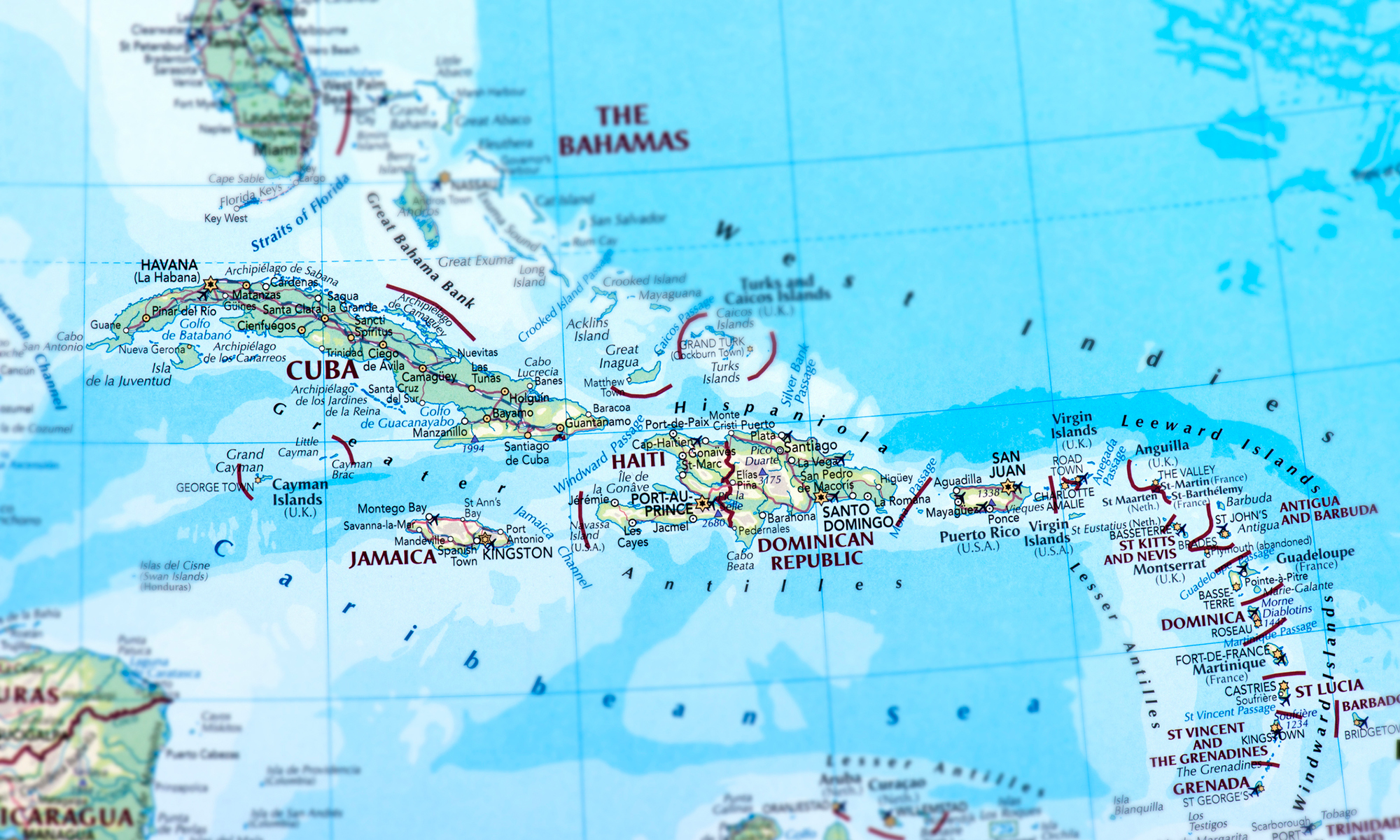On December 17, 2014, President Barack Obama announced that the United States would restore diplomatic relations with Cuba and reverse a more than 50-year policy of isolation. President Obama’s move to establish relations and ease sanctions against Cuba stirred the interest of U.S. business. In particular, the American agricultural industry, which is anxious to increase its market share of the Cuban food market, has led the support for President Obama’s decision to normalize relations with Cuba.[1]
On January 8, 2015, more than 25 companies and farm trade associations joined together at the National Press Club in Washington, D.C. to launch the U.S. Agriculture Coalition for Cuba. The goal of the Coalition is to promote collaborative action for improved agricultural trade relations with Cuba. The Coalition believes that the improvement of agricultural trade between the U.S. and Cuba is the foundation for building successful and enduring relations between both countries.
Under the current embargo, U.S. food and agriculture companies can legally export to Cuba, but financing and trade restrictions limit their ability to serve the market competitively. The Coalition ultimately seeks to end the embargo and allow for open trade and investment. The Coalition intends to advance a constructive dialogue in the United States on U.S.-Cuba relations to bring about full normalization of trade relations between the two countries, fulfilling its mission “to turn Cuba from an enemy to an ally . . . by building trade relations with an honest appraisal of the past and a fresh look to the future.”
Members of the Coalition include American Farm Bureau Federation, American Meat Institute, American Soybean Association, Corn Refiners Association, Illinois Cuba Working Group, Illinois Soybean Growers, International Dairy Foods Association, National Association of State Departments of Agriculture, National Association of Wheat Growers, National Barley Growers Association, National Chicken Council, National Council of Farmer Cooperatives, National Farmers Union, National Grain & Feed Association, National Oilseed Processors Association, National Turkey Federation, North American Export Grain Association, Soyfoods Association of North America, U.S. Wheat Associates, United Soybean Export Council, US Canola Association, US Dry Bean Council, US Soybean Export Council, USA Rice Federation, Chicago Foods International, Cargill Inc. and CoBank. Devry Boughner Vorwerk, vice president of corporate affairs at Cargill Inc., a Minneapolis-based multinational and leading wheat exporter, will lead the coalition.
The takeoff of the Coalition featured remarks by U.S. Secretary of Agriculture Tom Vilsack; Missouri Governor Jay Nixon; U.S. Representatives Kevin Cramer (Rep., ND), Rodney Davis (Rep., IL) and Sam Farr (Dem., CA); and U.S. Senators Amy Klobuchar (Dem., MN) and Jerry Moran (Rep., KS). (A video of the unveiling program is available on C-Span3.)
Governor Nixon expressed the benefit of improved relations to his state: “Missouri farmers and ranchers and American farmers and ranchers feel like we can win against anyone. And we know that the more Missouri goods we sell overseas, the more good jobs we create back at home. It’s really pretty simple. But, right now, when it comes to Cuba, we are not on a level playing field . . . Because of current sanctions, American producers can only interact with Cuba through a complicated process that greatly limits our abilities to sell goods, stifles our ability to create more jobs and prevents us from bringing more dollars home to the U.S.A.”
American Farm Bureau Federation President Bob Stallman echoed the governor’s call for change: “We still have onerous restrictions on trade with the island nation, despite the fact that numerous countries long ago moved on and now trade freely with Cuba. American farmers and agri-businesses must be afforded the opportunity to compete in the Cuban market”. He added: “Easing financing restrictions on agricultural trade with Cuba will make U.S. farmers and ranchers more competitive in the Cuban market of 11 million consumers”.
Senator Klobuchar stated: The United States has “a historic opportunity right now to modernize our country’s relationship with Cuba – and it’s a moment we must seize. By increasing travel and commerce between our two countries, we can boost American exports to Cuba and create American jobs to produce the goods for 11 million new customers, while also helping to improve the quality of life for Cubans. I’m looking forward to working with our agriculture community and members of both parties to help build a practical and positive relationship between the people of Cuba and the United States.”
The website of the U.S. Agriculture Coalition for Cuba can be visited by clicking here.
[1] Cuba imports approximately 80 percent (1.7 billion dollars) of its domestic food requirements. The United States with approximately 4% of that market share lags far behind other countries.
